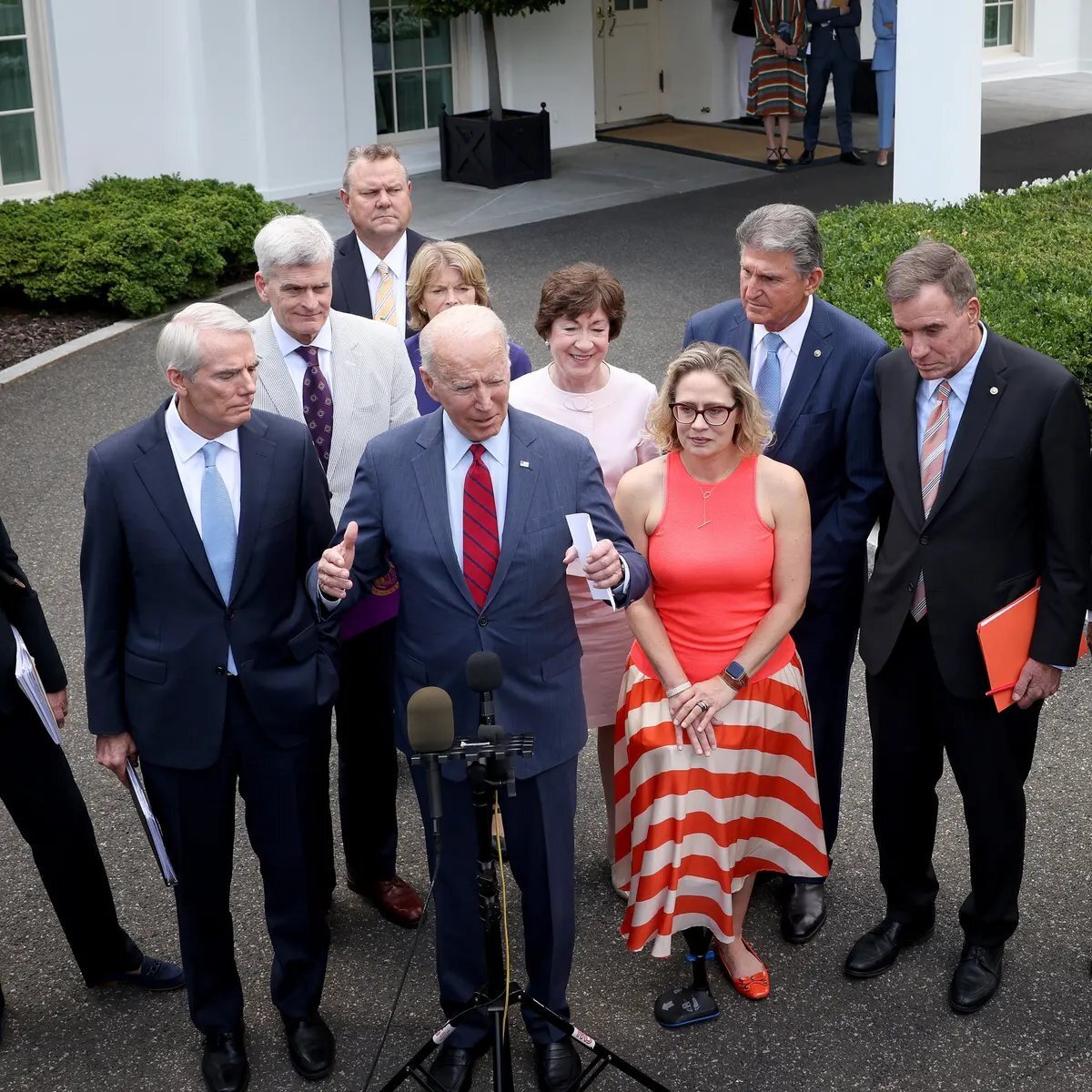 Pres. Biden announces bipartisan infrastructure deal with eight of the
21 white U.S. Senators who negotiated the package.
Pres. Biden announces bipartisan infrastructure deal with eight of the
21 white U.S. Senators who negotiated the package.
With the so-called “no double-dip” rule, President Biden and 21 senators have negotiated a deal on the Build Back Better agenda that threatens several of his major climate and racial justice initiatives. The senators, all of whom are white, protected industry priorities in their deal.
At risk include programs for restoring minority neighborhoods cleaved by racially unjust highway projects, cut 96 percent, and for replacing all the lead water pipes in the nation, cut 67 percent.
In May, Biden proposed $6 trillion in public investment ($5 trillion in new spending) over ten years, in the form of the $2.3 trillion American Jobs Plan, a $1.9 trillion American Families Plan, and about $1.5 trillion more in other spending.
Biden’s proposed plan was significantly smaller than that advocated by Green New Dealers, who called for $10 trillion in spending over ten years to build a just and sustainable economy.
After months of Senate negotiations, Biden’s plan was cut down to about $4.5 trillion, broken into two legislative components – a $1 trillion ($550 billion in new spending) bipartisan “physical infrastructure” package passed by the Senate by a filibuster-proof majority, and a $3.5-trillion reconciliation package intended to pass with only Democratic votes.
The bipartisan package is a fully detailed bill, while the reconciliation package, at least publicly, remains a top-level skeleton that remains to be fleshed out.
The bipartisan package includes nearly the full amounts requested by Biden for traditional fossil-fuel-intensive infrastructure: $110 billion for roads and bridges, $25 billion for airports, and $17 billion for waterways and ports. In addition, there is $16 billion to bail out oil and gas companies to clean up their abandoned wells.
The “double-dip” deal is this: any initiative which received any monies in the bipartisan package cannot receive more in the reconciliation package. As Politico reported on June 30:
The president said something really important the other day and nobody noticed. At his press conference celebrating the bipartisan infrastructure deal, Joe Biden suggested there would be no coming back for seconds: When it comes to spending on basic physical infrastructure (for roads, bridges, public transportation, etc.), the bipartisan deal is it. There will be no using the parallel, Democrats-only reconciliation package to spend more on those things than Republicans agreed to.
Instead, Biden indicated, the reconciliation bill is exclusively for stuff that Democrats want but Republicans oppose — like spending for family care, climate change and health care.
This may seem like a minor point, but it has big implications. On the left, some progressives have argued that they would simply add to the reconciliation bill anything that wasn’t fully funded in the bipartisan bill. That’s not happening. Biden wanted $157 billion for electric vehicles. The bipartisan bill spends $15 billion. He wanted $100 billion for broadband, and he secured $65 billion. From the White House’s perspective, these issues are now resolved and the reconciliation bill can’t be used to take another crack at them.
We checked with the White House, and officials confirmed that this interpretation is correct.
On the right, some conservatives have argued that voting for the bipartisan deal is pointless because Democrats will simply take what they can get from Republicans on highway spending or airports and then get the rest in the reconciliation bill.
But what’s actually happening is that the bipartisan bill is serving as a brake on what Biden can spend on core infrastructure.
In July, the Senate’s bipartisan package whittled $2.6 billion of Biden’s planned new spending down to $550 billion. Left out completely were major components of Biden’s plan that likely will be taken up in the reconciliation package, including housing, schools, clean energy tax credits, and home and community-based care.
However, because of the “no double-dip” deal Biden and the Senate negotiators made, the following programs face massive cuts that can’t be restored unless the deal is broken:
- Reconnecting minority communities cut off by highway projects, cut 96% from $24 billion to $1 billion
- Replacing the nation’s lead pipes, cut 67% from $45 billion to $15 billion
- Investing in electric school buses, cut 87% from $20 billion to $2.5 billion
- Repairing and modernizing public transit, cut 54% from $85 billion to $39 billion
- Building electric vehicle charging stations, cut 50% from $15 billion to $7.5 billion
- Upgrading and modernizing America’s drinking water, wastewater, and stormwater systems, cut 46% from $56 billion to $30 billion
- Road safety, including “vision zero” programs to protect pedestrians, cut 45% from $20 billion to $11 billion
- Broadband infrastructure, cut 35% from $100 billion to $65 billion
- Investing in passenger and freight rail, cut 18% from $80 billion to $66 billion
This overall cut of nearly half of $441 billion in proposed spending disproportionately targets the urban and rural poor and minority “environmental justice” communities, despite the Biden administration’s stated plans of achieving justice through intentional spending. Biden’s plan was about one-third of what Green New Deal advocates have said is needed for these initiatives.
The Green New Deal Network, a coalition of over 100 organizations, is advocating for the restoration of these funds.
House Transportation Committee chair Peter DeFazio (D-Ore.) is intending to challenge the “no double-dip” deal for programs under his jurisdiction, including high-speed rail, connecting neighborhoods, and water systems.
In contrast, the all-white team of 21 U.S. Senators who crafted this deal, led by Sen. Kyrsten Sinema (D-Ariz.) and Rob Portman (R-Ohio), approved Biden’s requested spending levels for highways, airports, waterways, and major bailouts for industrial polluters responsible for chemical and fracking cleanups.
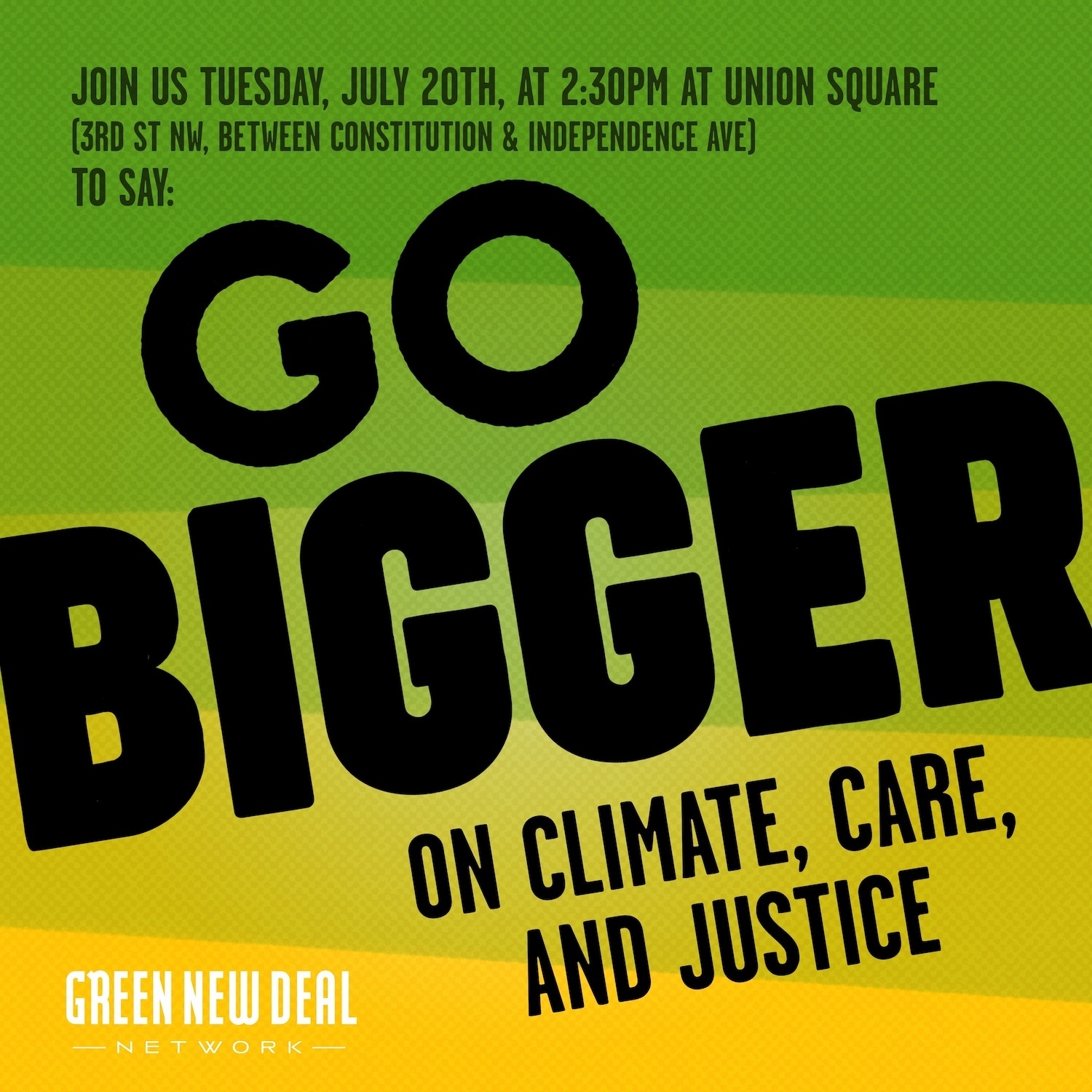 Congressional
Progressive Caucus Chair Pramila Jayapal, House Transportation and
Infrastructure Chair Peter DeFazio, Rep. Barbara Lee, Rep. Debbie
Dingell, Rep. Juan Vargas, Rep. Melanie Stansbury, Rep. Peter Welch,
Rep. Seth Moulton, Rep. Yvette Clarke, Rep. Andy Levin and other members
of Congress will join Green New Deal Network organizational principals,
community leaders, and allies to push for Congress to “
Congressional
Progressive Caucus Chair Pramila Jayapal, House Transportation and
Infrastructure Chair Peter DeFazio, Rep. Barbara Lee, Rep. Debbie
Dingell, Rep. Juan Vargas, Rep. Melanie Stansbury, Rep. Peter Welch,
Rep. Seth Moulton, Rep. Yvette Clarke, Rep. Andy Levin and other members
of Congress will join Green New Deal Network organizational principals,
community leaders, and allies to push for Congress to “
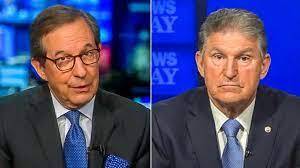 Over the
weekend, Sen. Joe Manchin (D-W.V.) embraced the Republican filibuster,
giving Senate Minority Leader Mitch McConnell (R-Ky.) veto power over
all future legislation.
Over the
weekend, Sen. Joe Manchin (D-W.V.) embraced the Republican filibuster,
giving Senate Minority Leader Mitch McConnell (R-Ky.) veto power over
all future legislation.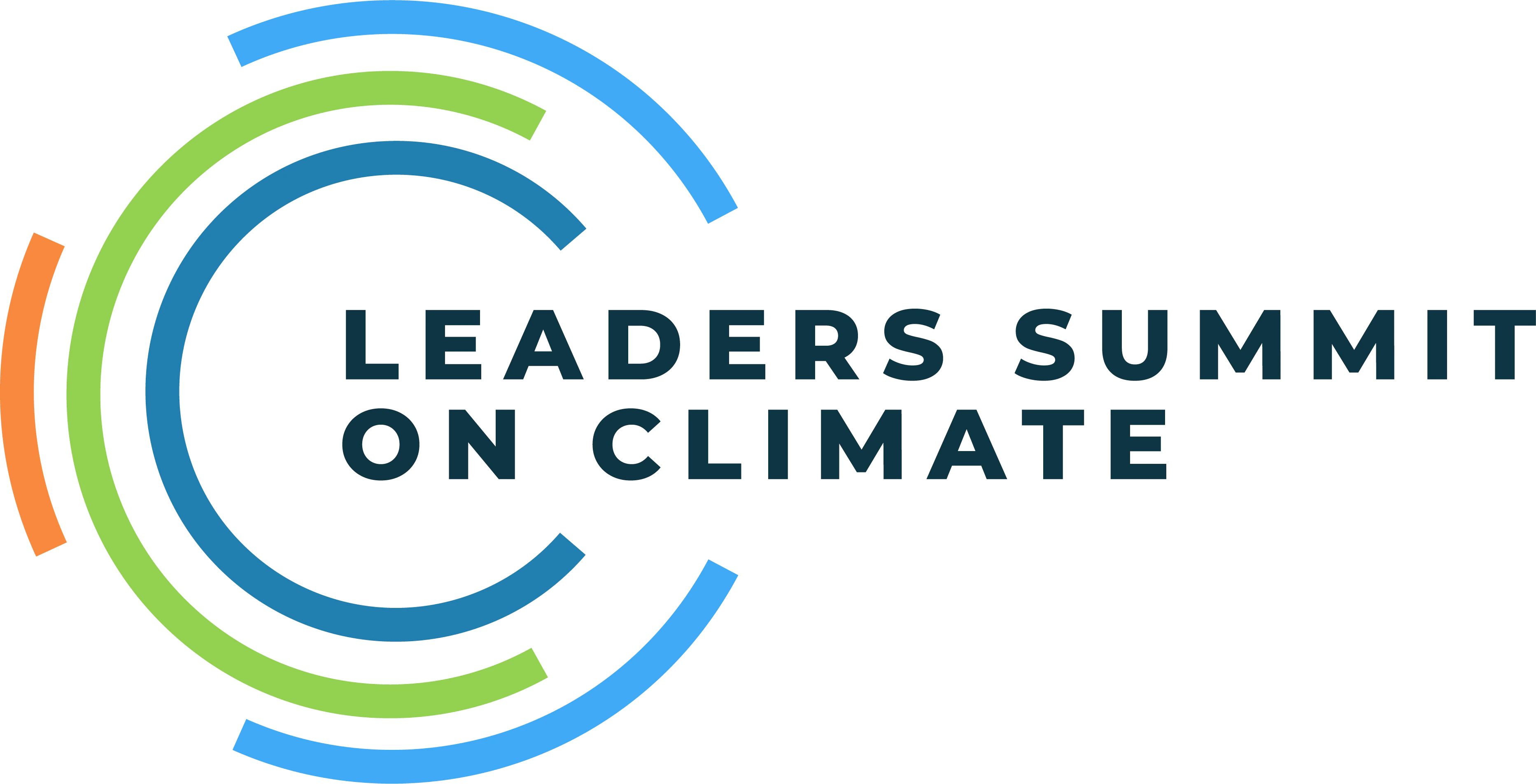 President Biden invited 40 world leaders to the Leaders
Summit on Climate he will host on
President Biden invited 40 world leaders to the Leaders
Summit on Climate he will host on 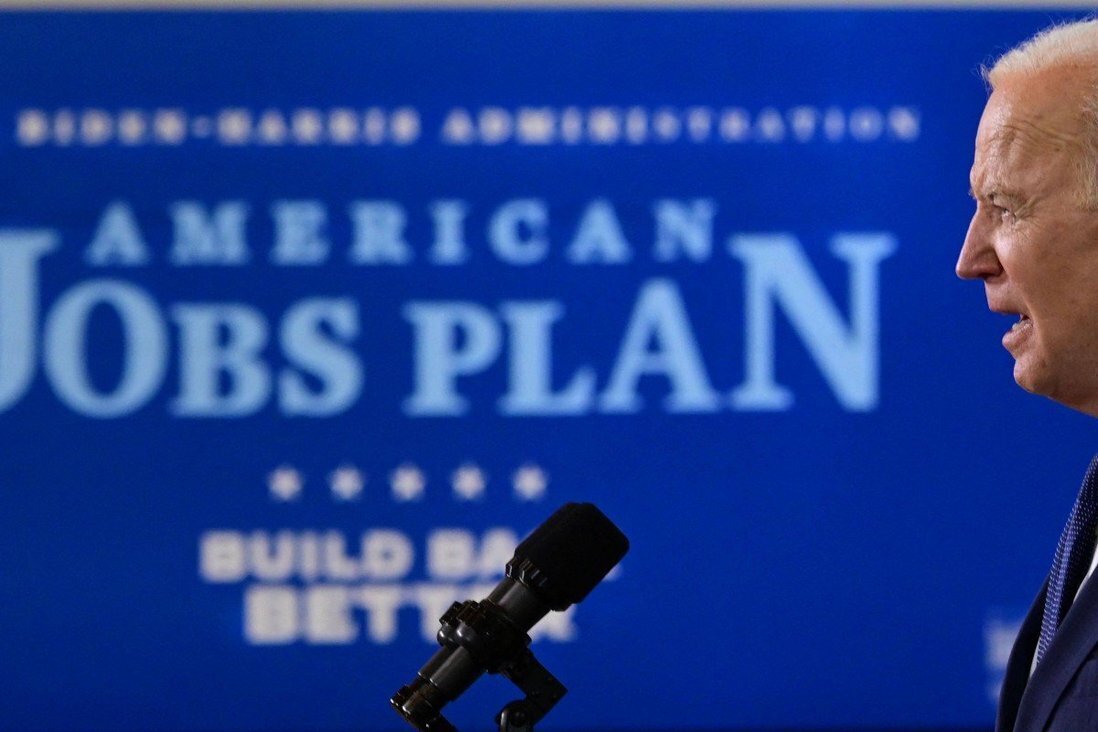 Table
modified by Hill Heat from the
Table
modified by Hill Heat from the